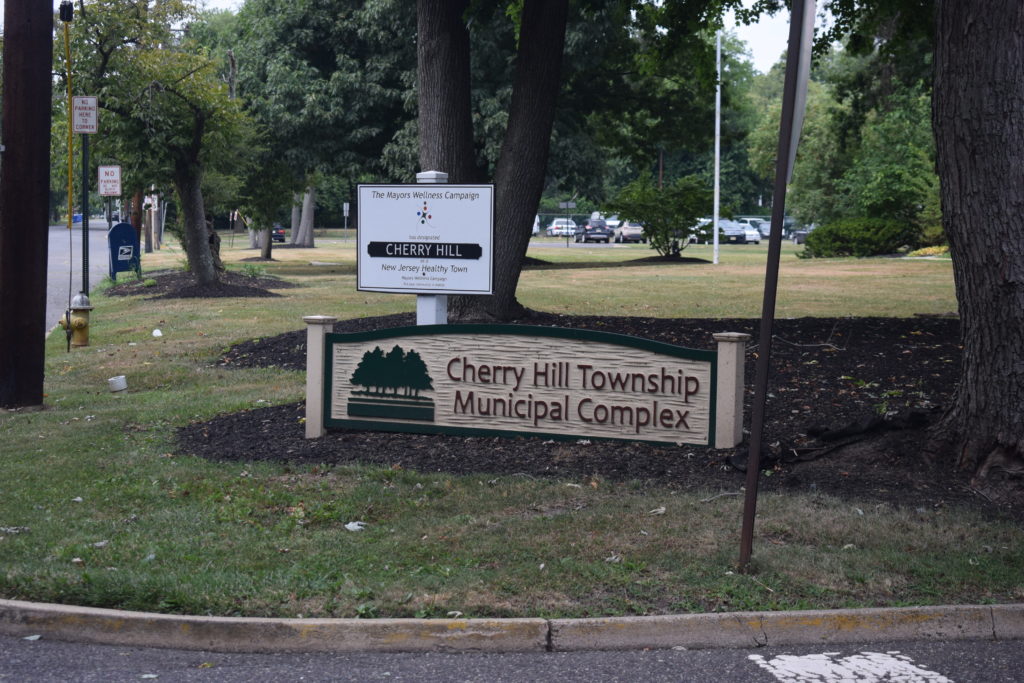

Council addressed questions from residents regarding the township’s outstanding debt and offered more clarity on the bond ordinances being passed on second reading at its Nov. 28 meeting.
The four bond ordinances included the appropriation of $4,780,550 and issuance of $4,541,522 for general township equipment, information technology equipment, land purchase and various improvements to parks, recreation sites and buildings in the township; the appropriation of $6,762,680 and issuance of $5,658,371 bonds for improvements to roads, sidewalks, traffic signals and storm drainage; the appropriation of $1,250,000 and issuance of the same amount for sanitary sewer improvements; and $1,375,000 from American Recovery Plan Act funds for sanitary sewer improvements in the project.
“Th[ese] ordinance[s] authorize the future issuance of the bonds,” explained Controller Michelle Samalonis. “It does not issue the bonds. Each of these are consistent with the capital budget which was approved as part of the budget. This is required once we have (the) items in the capital budget.
“These ordinances are required to authorize the funding, and then the decisions are made by professionals on when the work is able to be completed and ultimately the bonds issued to pay for the work,” she added.
Samalonis said there are no terms on the bonds because the township is merely appropriating the funds.
“We’re not borrowing any money at this time,” she clarified. “This is just appropriating funds like you appropriate funds in the normal township budget.”
Council President David Fleisher emphasized that once the bonds are authorized, it could be a couple of years until they are issued, and until that time, there is no interest or fees associated with them.
“So the township does not accrue interest expense, the taxpayers are not paying for money that’s issued but not spent,” he pointed out. “This is just authorizing that future issuance of the bond consistent with the overall budget, which was previously approved and required by the state.”
Prior to public hearings on the bond ordinances, there was a presentation on Cherry Hill’s current bond ordinances, where it was explained that the township’s current net percentage of equalized valuation is around 1.121 percent, equaling about $102 million out of $9,097,777,508. The maximum debt capacity is 3.5 percent, or $318.4 million out of $9,097,777,508, so the township is at a little less than one third of its debt capacity.
The presentation also explained that there are two areas in which municipalities can bond: general capital and sewer capital. For general capital, the township currently has about $40.8 million in outstanding bonds, $25.7 million in outstanding notes and $35 million in bonds that have been authorized but not issued, leading to a total supplemental debt statement of $101.9 million for general capital.
For sewer capital, the township has approximately $11.4 million in outstanding bonds, $8 million in outstanding notes and $4.7 million in authorized but not issued bonds, bringing the total supplemental debt statement to about $24 million. The township currently has a AAA bond rating and is expected to pay more than 50 percent of its existing debt by fiscal year 2025.
“We wanted to note the debt has been managed for at least the last decade with no tax increase,” Fleisher said.
During her meeting remarks, Mayor Susan Shin Angulo reminded residents that there will be one more virtual info session on Dec. 19 from 11 a.m. to 12:30 p.m. for those interested in applying for the RISE Program’s Recovery Grant, which helps businesses and nonprofits recover funds that may have been lost due to COVID from March 2021 on.
A second round of funding for the Reinvestment Grant will take place in the spring with a slightly different aim. The previous info session has been recorded and is available for viewing at https://bit.ly/3ORsOsA. More information on the program can be found at https://www.chnj.gov/rise.
The next council meeting will take place Monday, Dec. 12, at 7:30 p.m., with caucus at 6:30 p.m.









